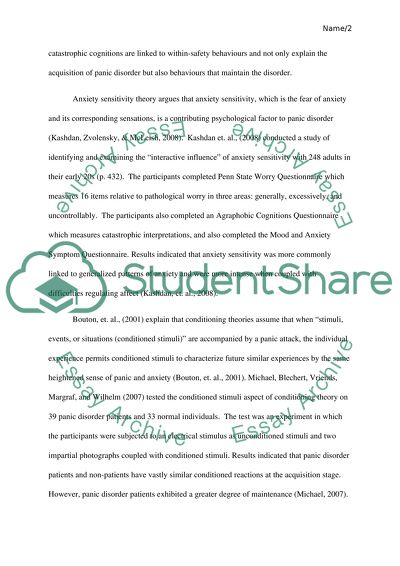Using empirical evidence to support your arguments, discuss the role Essay. Retrieved from https://studentshare.org/psychology/1604556-using-empirical-evidence-to-support-your-arguments-discuss-the-role-of-psychological-factors-in-the-acquisition-and-maintenance-of-panic-disorder
Using Empirical Evidence to Support Your Arguments, Discuss the Role Essay. https://studentshare.org/psychology/1604556-using-empirical-evidence-to-support-your-arguments-discuss-the-role-of-psychological-factors-in-the-acquisition-and-maintenance-of-panic-disorder.


